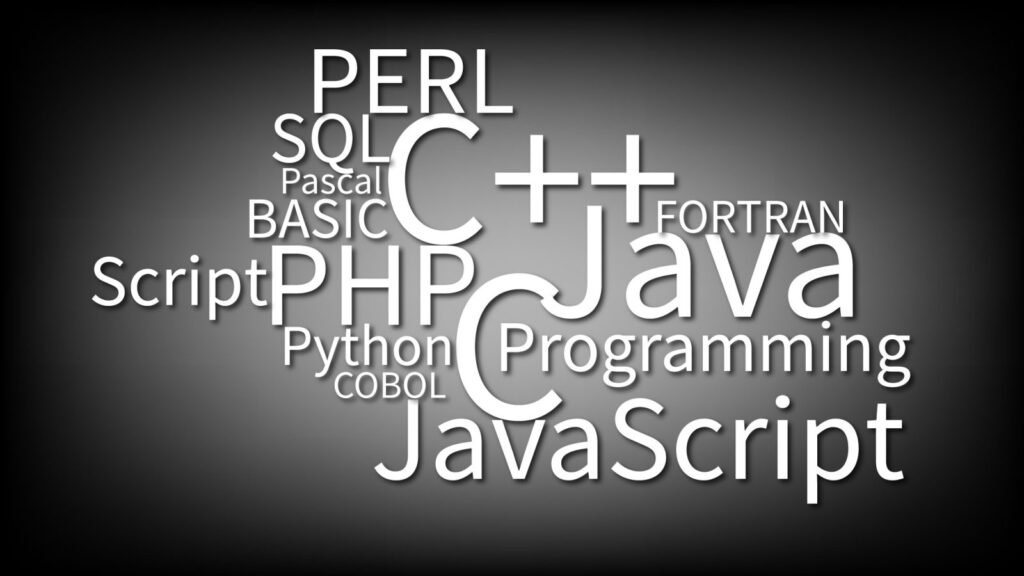
Technology is evolving at an unprecedented pace, and with it, the demand for skilled programmers continues to grow. Whether you’re a beginner looking to start your coding journey or an experienced developer wanting to upskill, choosing the right programming language is crucial. In this article, we will explore the best programming languages to learn in 2025 based on industry demand, job opportunities, and future prospects.
1. Python
Python continues to dominate as one of the most versatile and widely used programming languages. With applications ranging from web development to artificial intelligence and data science, Python is an excellent choice for both beginners and experienced developers.
Why Learn Python?
Used in AI, machine learning, and data science
Beginner-friendly syntax
Strong community support and extensive libraries
High demand in software development and automation
2. JavaScript
JavaScript remains the backbone of web development, powering interactive websites and web applications. With the rise of frameworks like React, Angular, and Vue.js, JavaScript continues to be a must-learn language.
Why Learn JavaScript?
Essential for front-end and full-stack development
Works seamlessly with HTML and CSS
Growing demand in web and mobile development
Expanding use in backend (Node.js) and game development
3. TypeScript
TypeScript, a superset of JavaScript, has gained immense popularity due to its ability to catch errors at compile time and provide robust type-checking.
Why Learn TypeScript?
Enhances JavaScript with static typing
Popular among large-scale projects and enterprise applications
Used extensively in Angular, React, and Node.js
Improved scalability and maintainability
4. Go (Golang)
Developed by Google, Go is gaining traction due to its simplicity, efficiency, and concurrency support, making it an excellent choice for cloud computing and backend development.
Why Learn Go?
Ideal for cloud computing, microservices, and distributed systems
Fast execution and easy-to-learn syntax
High demand in DevOps, networking, and system programming
Used by companies like Google, Uber, and Dropbox
5. Rust
Rust is known for its memory safety and performance, making it a preferred choice for system programming and security-sensitive applications.
Why Learn Rust?
Memory safety without garbage collection
Growing adoption in embedded systems and blockchain
Excellent performance for low-level programming
Supported by major companies like Mozilla, Microsoft, and AWS
6. Kotlin
Kotlin has become the go-to language for Android development, officially supported by Google as the preferred language for Android apps.
Why Learn Kotlin?
Official language for Android development
Interoperability with Java
Concise syntax and reduced boilerplate code
Growing adoption in backend development with frameworks like Ktor
7. Swift
For those interested in iOS and macOS development, Swift is the best choice. Apple continues to enhance Swift, making it a powerful and easy-to-learn language for mobile app development.
Why Learn Swift?
Official language for iOS/macOS development
Simple and expressive syntax
High demand in the mobile app industry
Open-source and supported by Apple
8. SQL
SQL (Structured Query Language) remains an essential skill for managing and querying databases. As data-driven decision-making becomes more prevalent, SQL expertise is invaluable.
Why Learn SQL?
Essential for data management and analytics
Used across multiple industries and applications
Works with major databases like MySQL, PostgreSQL, and Microsoft SQL Server
Integral for backend development and business intelligence
9. C#
C# is widely used in game development (Unity engine), enterprise applications, and web development with the .NET framework.
Why Learn C#?
Strong demand in game development (Unity)
Used in enterprise software and backend services
Integrated with Microsoft technologies
Versatile for desktop, web, and mobile applications
10. Julia
Julia is an emerging language designed for high-performance numerical computing and scientific research.
Why Learn Julia?
Optimized for data science, machine learning, and scientific computing
Faster execution compared to Python and R
Growing adoption in academia and research institutions
Easy integration with existing programming languages
Conclusion
The best programming language for you depends on your career goals and interests. Python, JavaScript, and TypeScript remain top choices due to their wide applications, while languages like Rust, Go, and Kotlin are gaining popularity in specialized domains. Whether you’re looking to get into web development, AI, data science, game development, or cloud computing, choosing the right language in 2025 will set you up for success in the tech industry.
Which language are you excited to learn in 2025? Let us know in the comments!